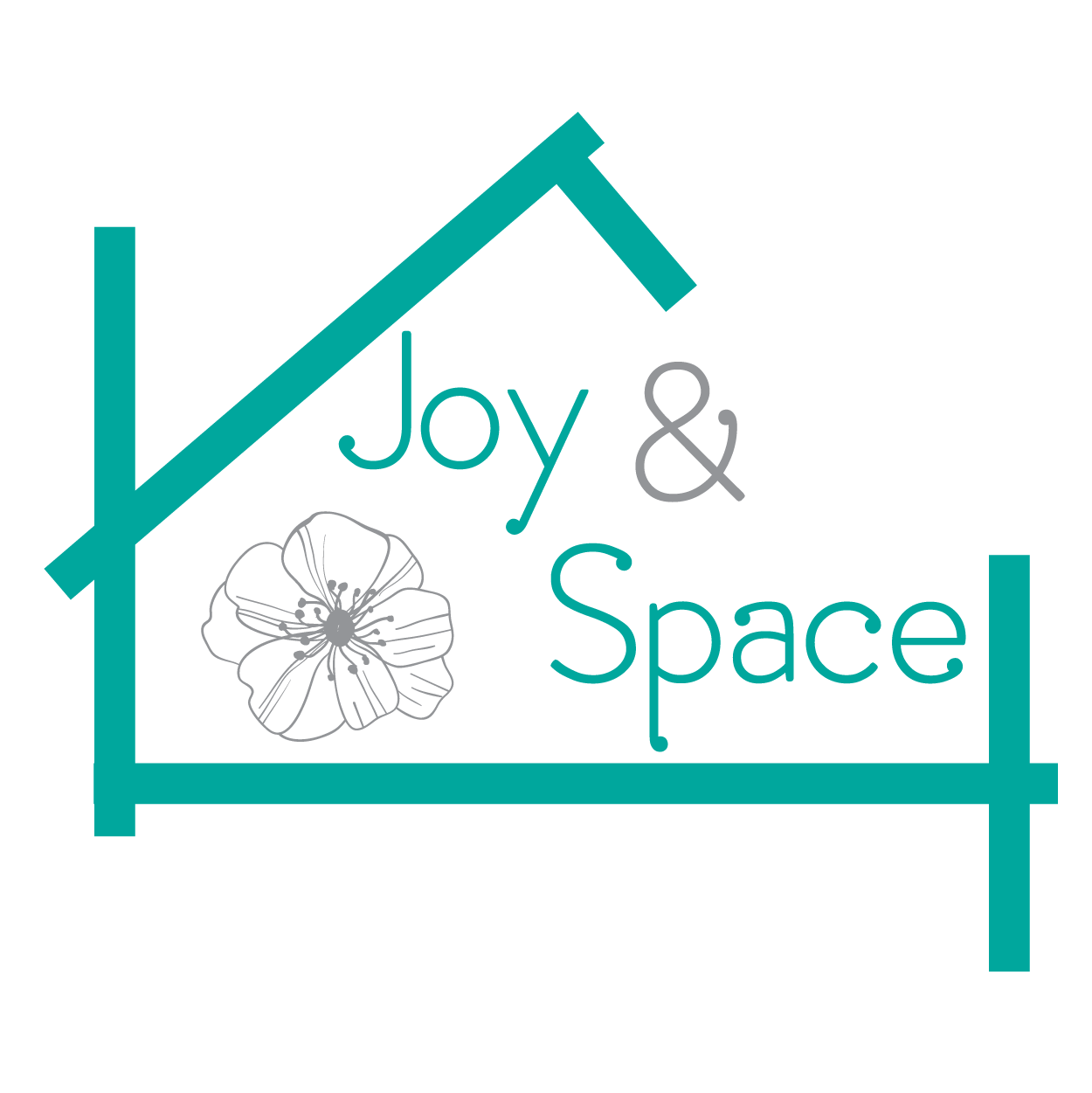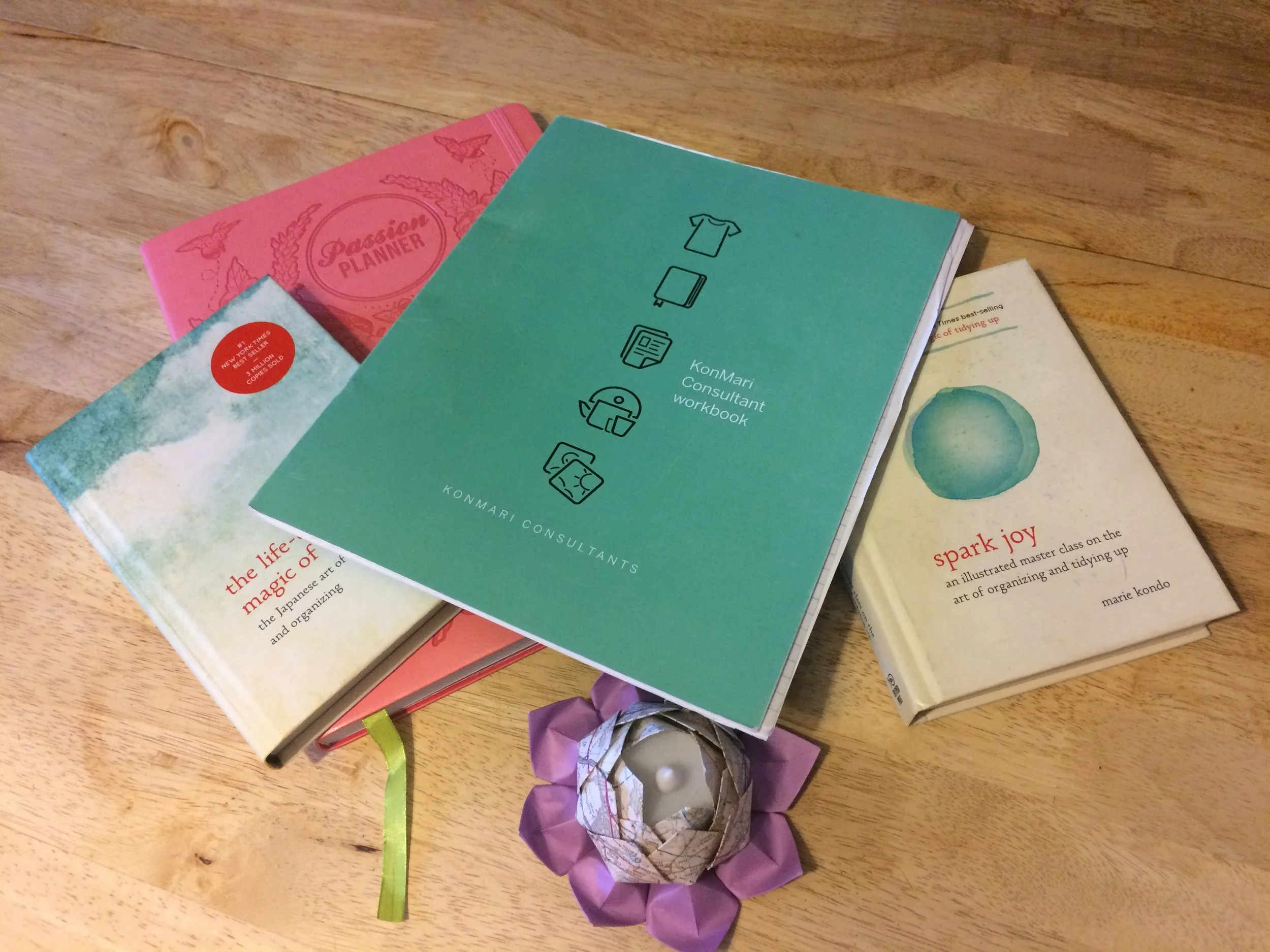Virtual organizing is empowering and good for your budget. Since you handle and move your things, you'll have a greater connection to them and how you feel about them. (Choosing what to keep is not just about if something is useful. We are connected to our things.) You'll learn organizing skills that will allow you to finish organizing as you're supported by an expert. Also, it's easy to schedule virtual organizing at times that work for you.
How Virtual Organizing Works:
We'll start with a guided visualization to help you settle into this mindful organizing process. (As a registered yoga teacher, I can help you to relax before we start organizing.)
You'll "walk" through your space by holding up your laptop, phone, etc.
During the virtual tour, we'll discuss your goals, challenges, and successes. As we talk, I'll start working on ideas to help you cultivate an intentional space and life. Using Marie Kondo's decluttering method, we'll create a unique plan that will shift and transform your space.
You'll receive options to work on organizing in between sessions or wait until our next session to keep going. Even if you opt for "homework" there is no pressure to complete it before our next session. We can pick up wherever you left it.
During the next session, we'll talk about any challenges you noticed and make any needed changes.
Benefits of Virtual Organizing:
Empowering experience that will allow you to build organizing skills. I believe that anyone can be organized. We'll start with an easy category and then keep building your skills.
Mindful and patient organizing support that fits your budget! A three-hour virtual organizing session costs $165. You can schedule more hours or as little as two.
Organizing by category is great for the chronically disorganized. Rather than focusing on a room, I'll help keep you focused on one category at a time so you don't get overwhelmed. I also use my counseling and ADHD expertise to attune to your body language and energy levels to suggest breaks as you need.
Reduce decision fatigue by focusing on one category at a time and with shorter sessions. I'll also remind you throughout our session of your vision and goals so you can make intentional decisions.
Practice gratitude. A gratitude practice can help to boost your levels of happiness. Since I'm certified in Marie Kondo's method, I'll encourage you to thank the items that no longer support you.
I know that starting a decluttering and organizing process can be stressful and anxiety-provoking. If this mindful approach to organizing your home speaks to you, please reach out to me. I'm happy to talk with you via phone or email. I'll listen to your concerns, offer suggestions, and let you know how I can help. Just like with any support service, I understand that you have to find the right fit for you with a virtual organizer. (I'm also not a saleswoman, I'm a yoga teacher and a helper so there's no pressure to book a session. )
I hope this helps you on your organizing journey. Remember that you can accomplish anything that you set your mind to. Just take it one step at a time.










